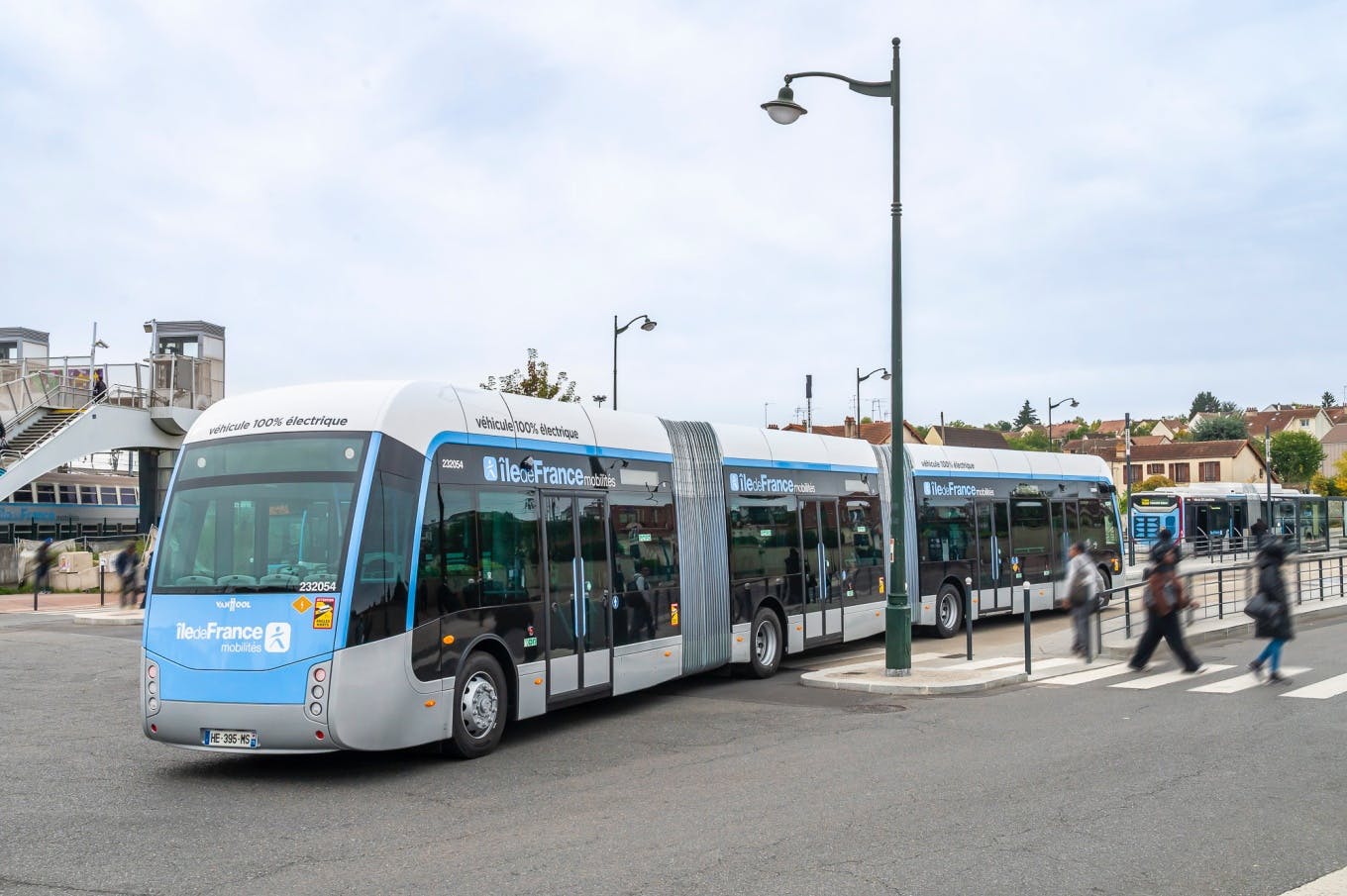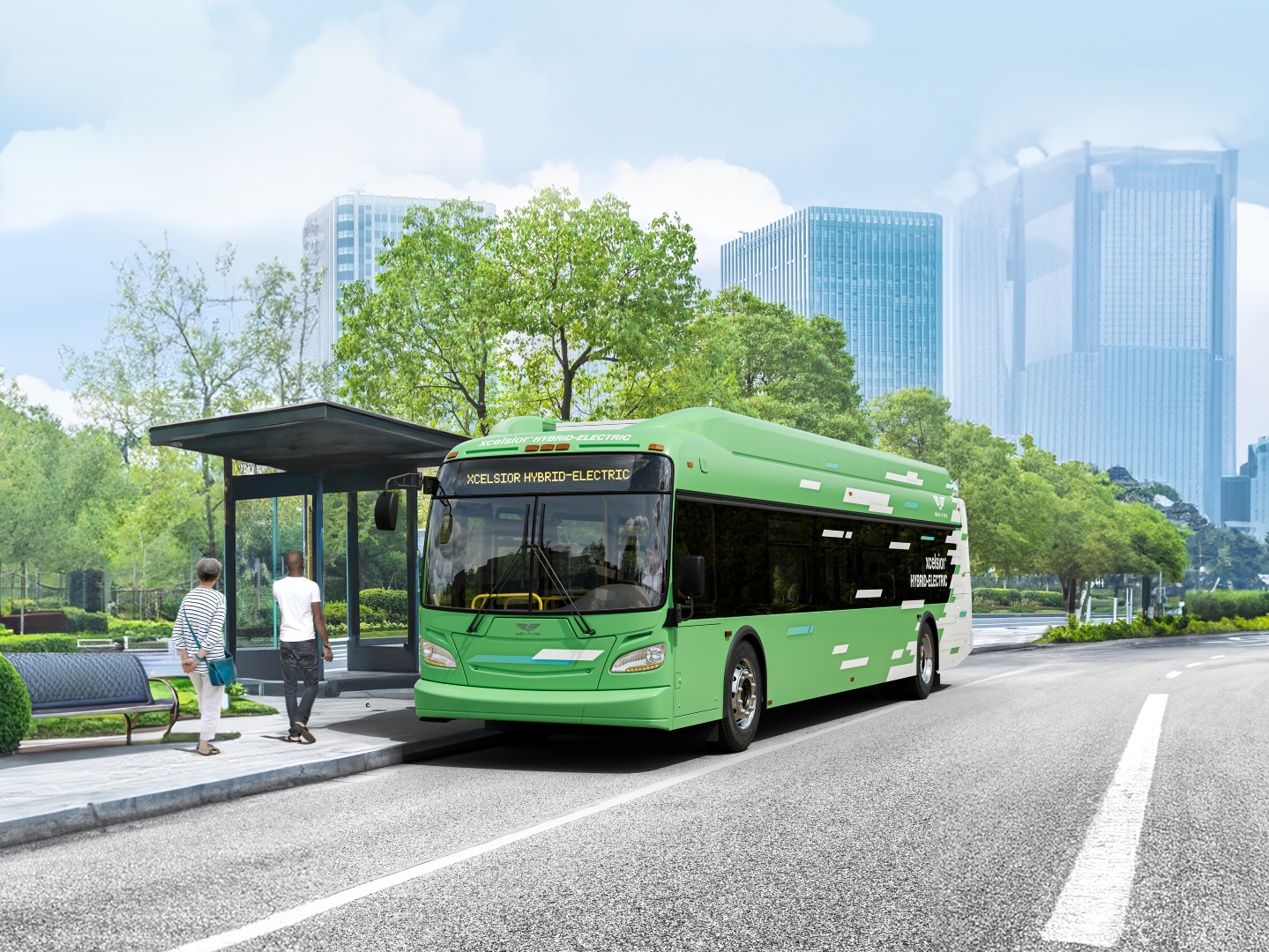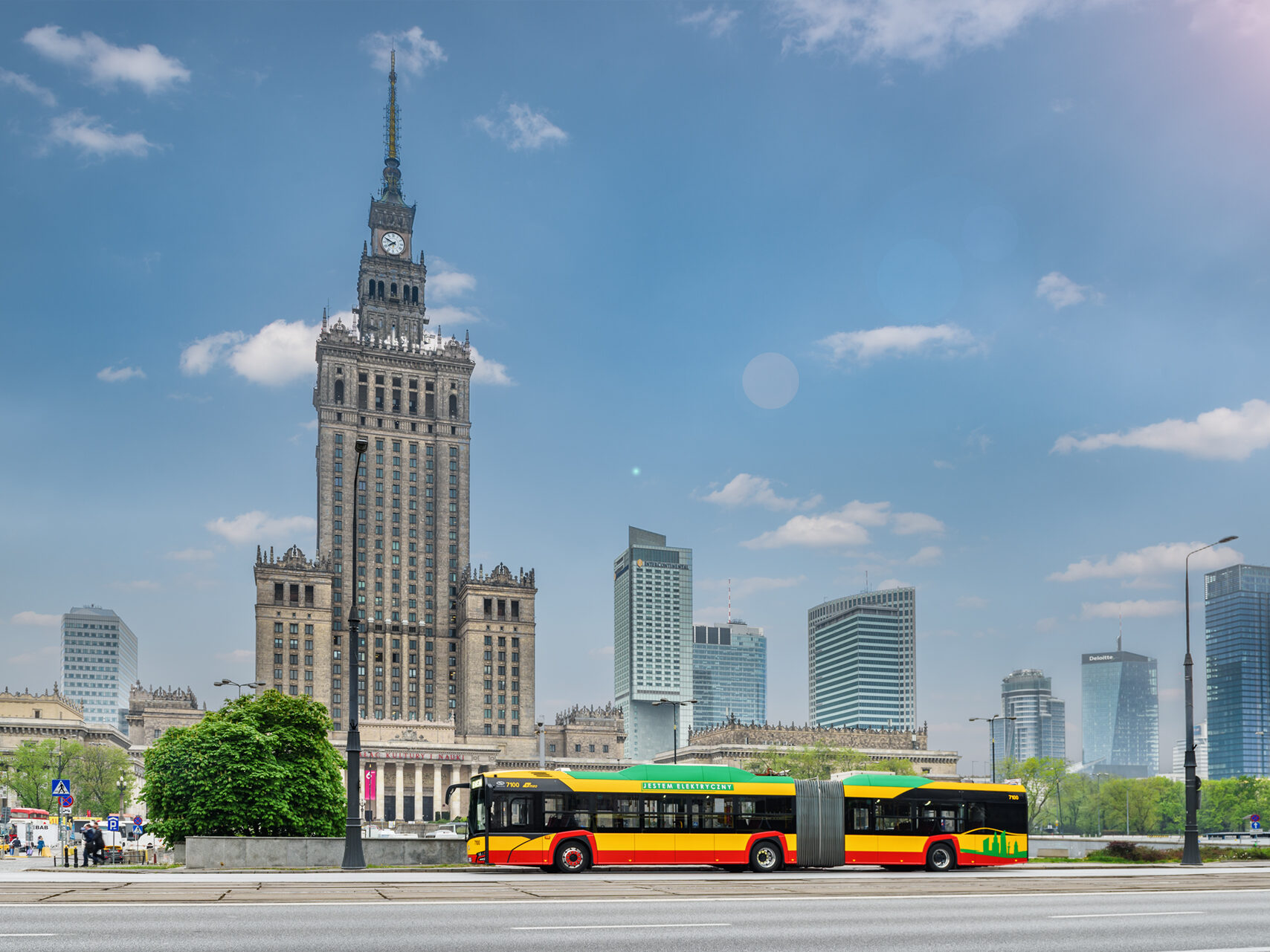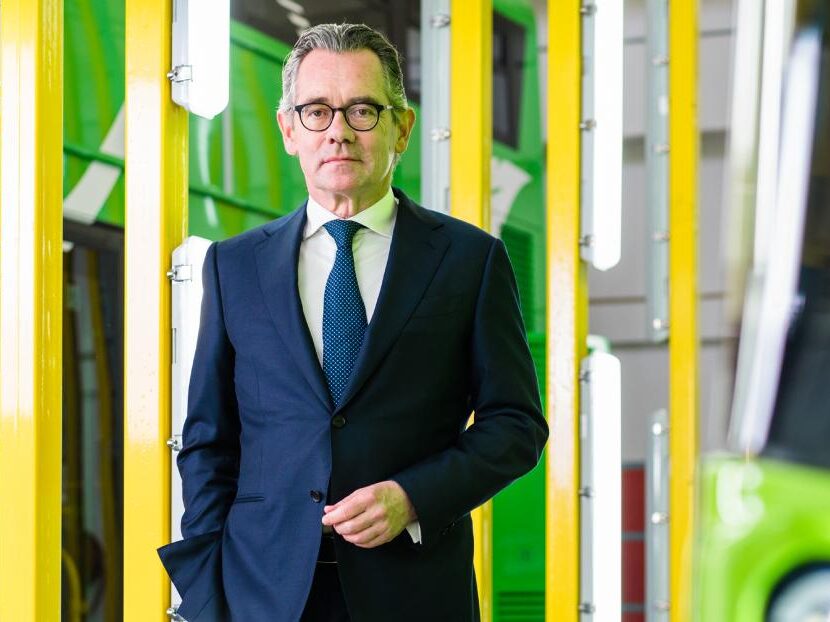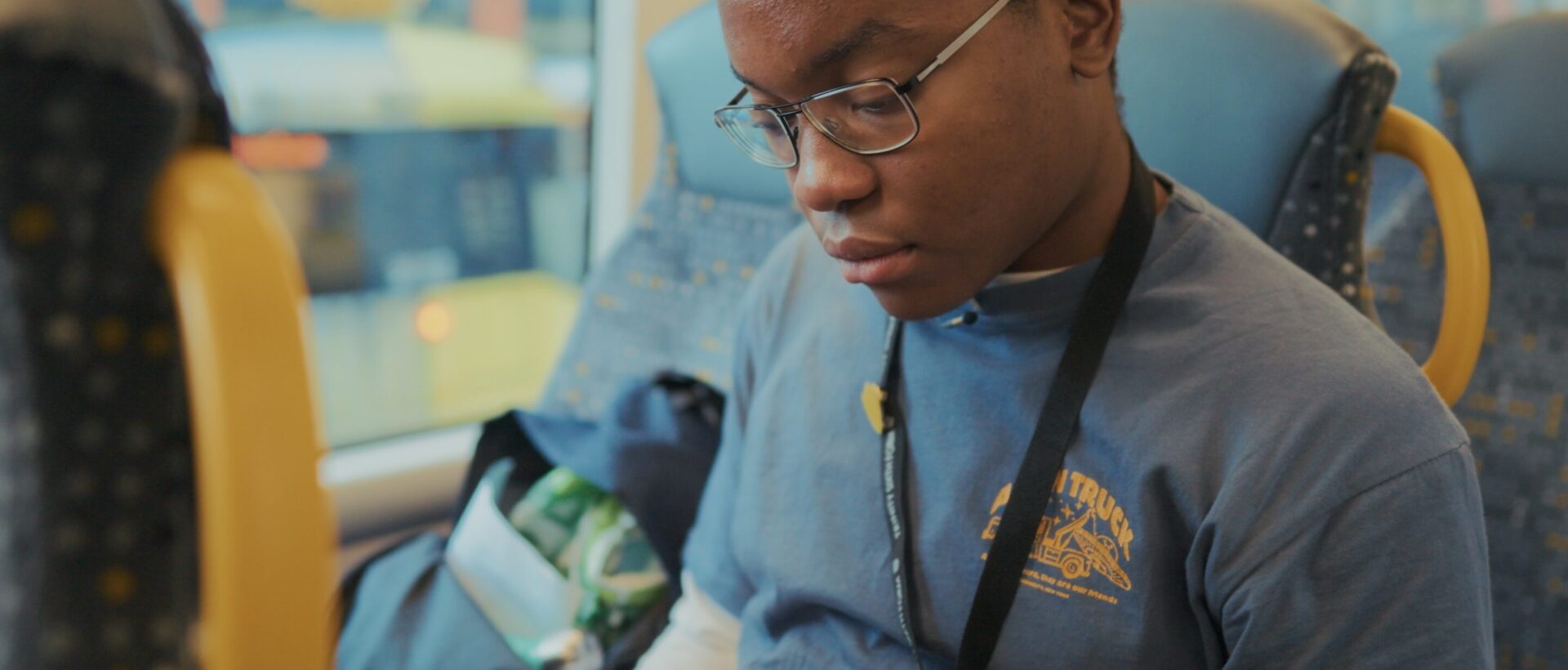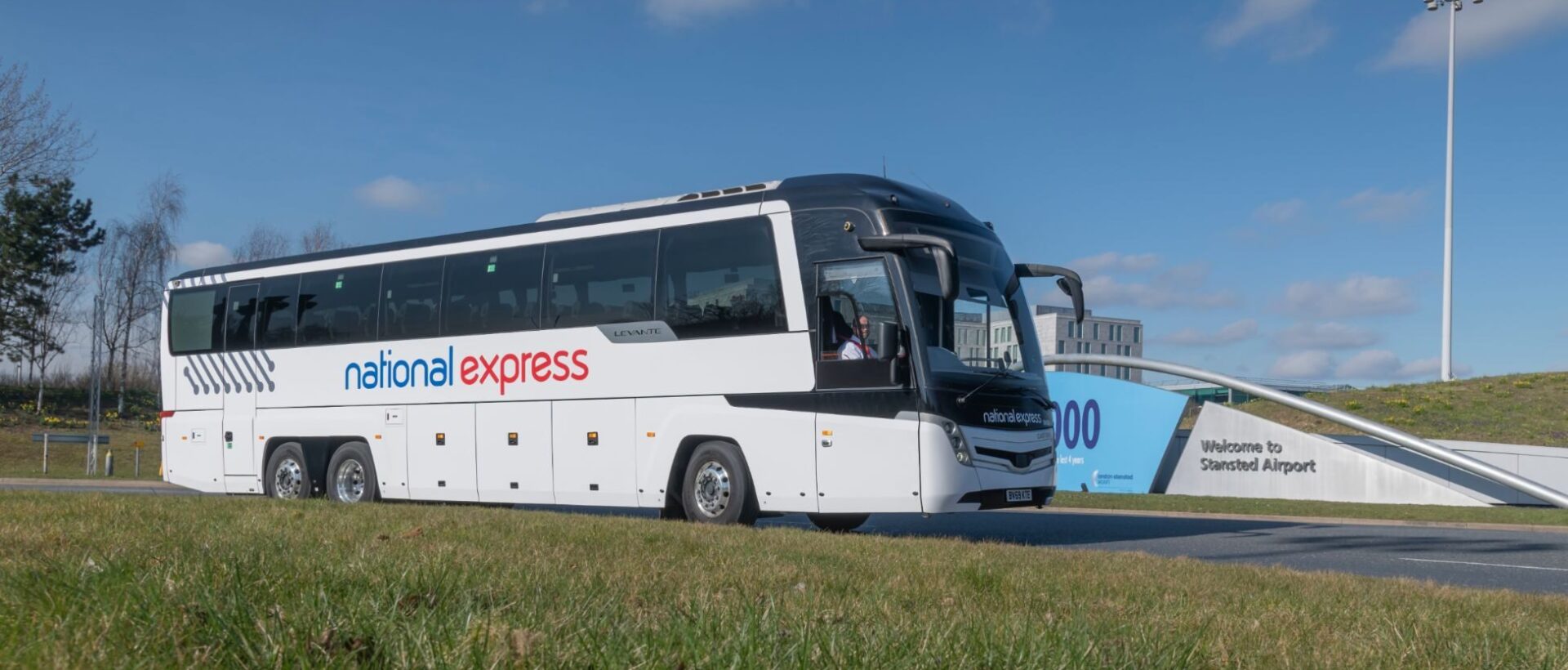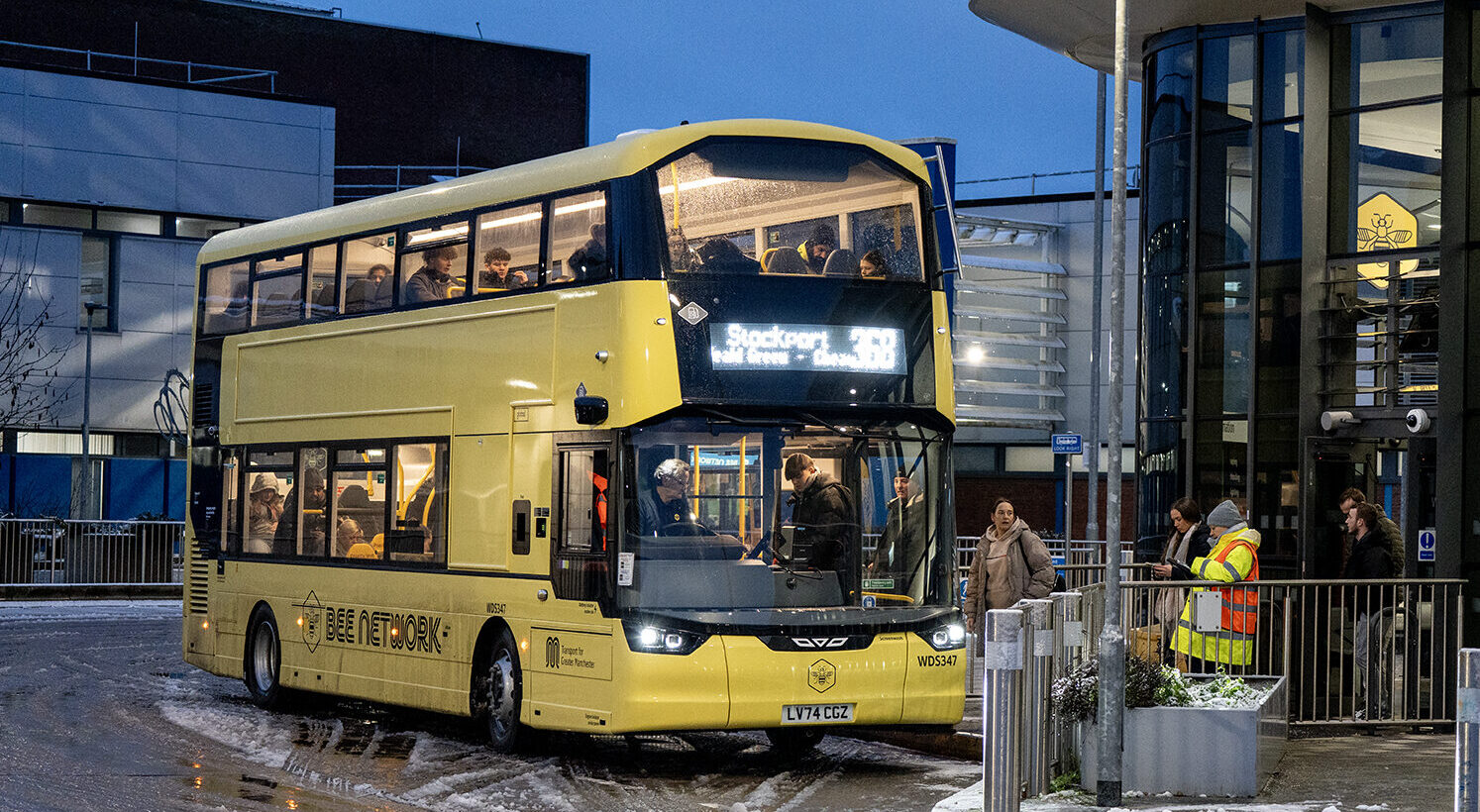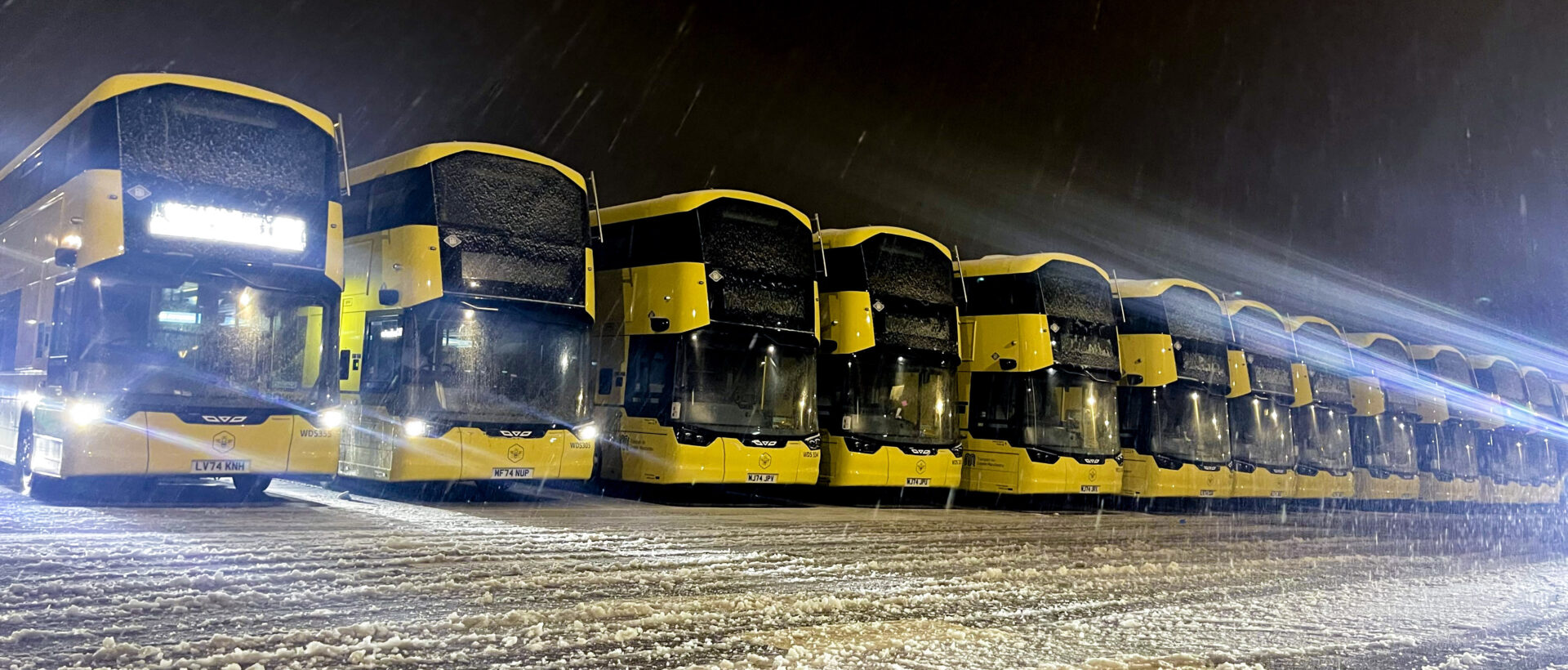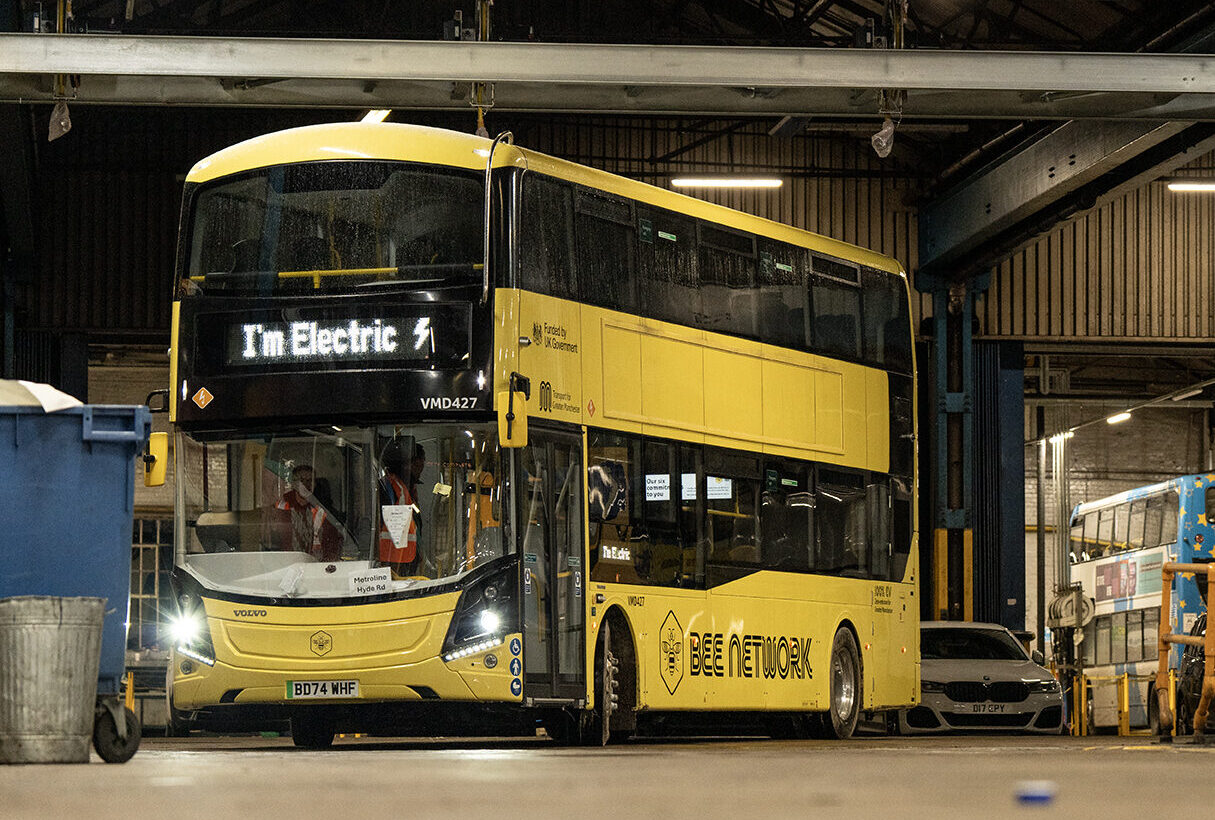This year, Plymouth Citybus is set to introduce 50 zero-emission electric double-decker buses, manufactured by Wrightbus.
This 31.87 million GBP investment is led by Plymouth Citybus in partnership with Plymouth City Council, Cornwall Council, and the Department for Transport.
It will see almost half of Plymouth Citybus’s fleet replaced by the new electric vehicles, which will serve key routes across the city, including the 21/A, 42, and 50/51 services. Cornwall will also benefit, with six buses deployed on the Rame Peninsula’s route 70.
The first 25 vehicles are expected to enter service in the summer, with the entire fleet operational by the end of the year.
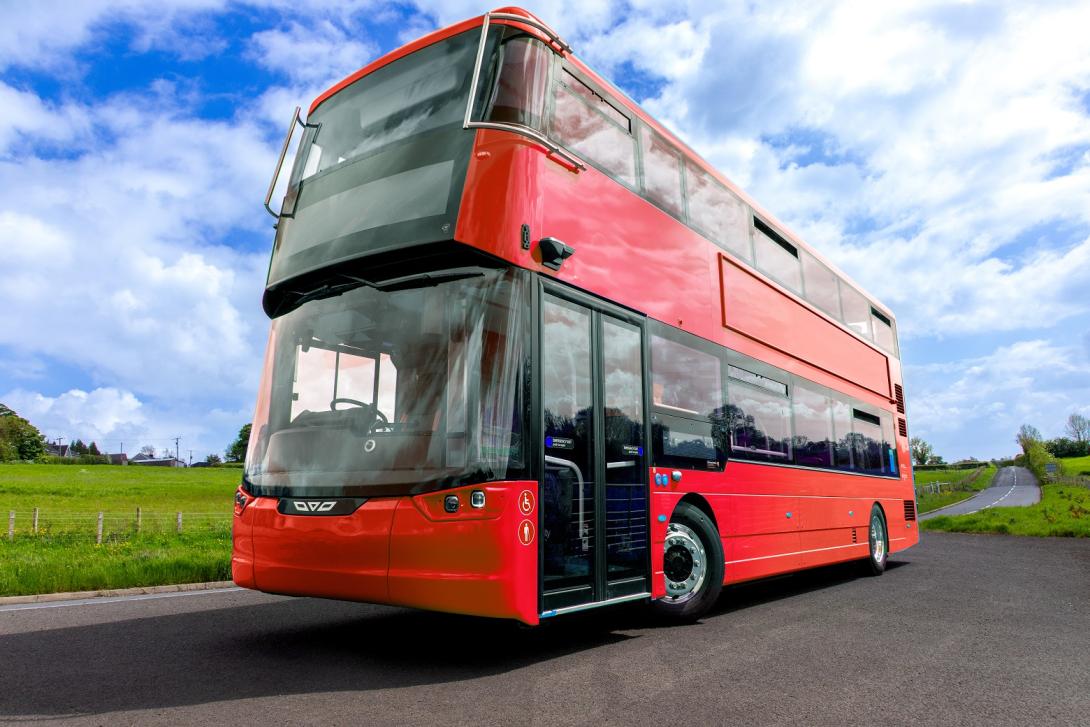
The funding for this project combines 19.6 million GBP from Plymouth Citybus, a 10.34 million GBP grant from the Government’s Zero Emission Bus Regional Area (ZEBRA) 2 Fund, and 1.94 million GBP contributed by Plymouth and Cornwall councils.
Plymouth Citybus is also upgrading its Milehouse depot to accommodate the new fleet with state-of-the-art charging and maintenance facilities.
Richard Stevens, Managing Director of Plymouth Citybus said:We are proud to lead the way in delivering cleaner, greener, and more sustainable public transport for Plymouth.
The introduction of 50 zero-emission electric buses represents a huge step forward in our commitment to reducing emissions, improving air quality, and providing a modern, reliable service for our passengers.
This investment not only reflects our dedication to the local community but also to a more sustainable future for our city.
The new buses are expected to deliver significant environmental benefits. Over their lifetime, they are projected to reduce carbon emissions by nearly 80,000 tonnes and cut harmful nitrogen oxide and particulate matter emissions. This initiative supports Plymouth’s target of achieving net-zero emissions by 2030.
In addition to environmental advantages, the buses will improve accessibility and passenger experience. Each vehicle will include an extra flexible space for a second wheelchair user or multiple pushchairs, alongside standard wheelchair facilities. Passengers will also benefit from audio-visual route and next-stop announcements, enhancing usability for all.
To further contribute to the project’s environmental goals, Wrightbus has pledged to plant ten trees in local communities for every bus built.











